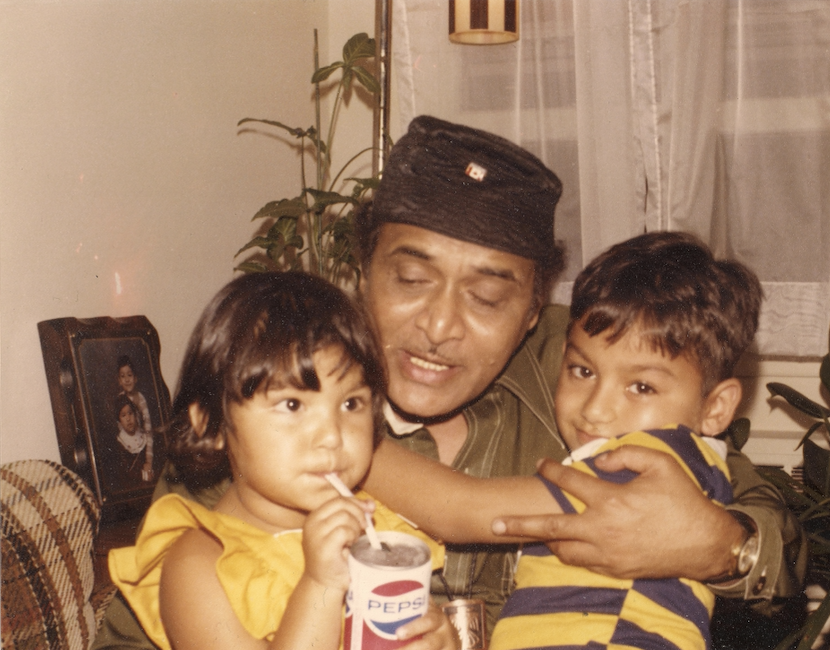
We launched our pandemic schooling newsletter, called The Unmuted, during uncertainty over what day schools in New York City would start last fall. It felt like maybe we could help our neighbors make sense of it all.
Except nothing really makes much sense. Last week brought a bunch of announcements related to college admissions: The SAT subject tests were canceled. And the SAT with the essay was canceled. This is on the heels of some colleges saying they won't even look at your SAT scores.
So how will colleges decide who gets in during a pandemic? I read this book by Jeffrey Selingo, “Who gets in and why: A year inside college admissions," before all this latest news. It felt a good time to share some core lessons from his (pre-pandemic) time observing college admissions and how they might relate now.
As I read, I dog-eared the parts of the book with most concrete advice and share it now with hopes that it makes you approach the insane college admissions process a little more sensibly. TL;DR: You will be fine. It's a pandemic. Keep perspective.
How you as a candidate fit into the larger picture is very important. Admissions counselors are not just letting individuals in. They are creating a collective and, like a beautiful-sounding orchestra, they strive for different players and parts. Where you fit into that has as much to do with whether you get in as your own strengths.
Beware of missing out on the forest (college) while you focus on the tree (early decision). October has become the new January of college admissions as students jockey for fewer seats but potentially higher chances. BUT BUT BUT it also forces them to put all their eggs in one basket. If you get rejected in December, you only have a few weeks to get it together so you really need to manage time and expectations a lot better.
College athletics favor white students. The book lays out so clearly how recruiting is such big business for even lower-division schools and recruit teens as early as freshman or sophomore year, when their prospects of playing sports beyond college are virtually nill. Obscure, elite sports like fencing and crew raise those chances.
Take the SAT twice. Most students’ scores go up. (This matters even more, now that the subject SATs are gone. Focus your efforts here.)
If you go to a competitive high school (such as one of the specialized high schools in New York City), it’s going to be harder. So be realistic about your college choices and try not to get your hopes up. Colleges favor the big fish in the little pond.
Admissions officers really do look at rigor, your grades across the board and want to see you excel. Even if you you aren’t going into fields like math or science, they want to see ability to perform there.
Pity the counselor writing recommendation after recommendation. Admissions officers read through reams of vague recommendations that can be tough to sparse. Getting specific is better.
Show some fire. A list of activities with no leadership or drive doesn’t set you apart.
A good essay can really help lift a candidate at the margins. The author recounts a girl whose essay about orange juice and fighting over pulp versus nonpulp was going to be something she missed.
Explain your activities. Don’t rush through them as a list. Think about the admissions officer reading your packet from beginning to end. Resist the urge to cut and paste; you want to paint a picture or create a narrative.
The higher the school’s yield, meaning the number of students admitted who actually choose to go, the less likely they are to offer merit aid.
Spend some of high school focusing a bit on the skills you need to be successful in college. We spend so much time trying to get in. What about once you are there?
The difference among graduates of so-called elite schools versus state universities are pretty subtle. You’re going to be fine.
This originally appeared in The Unmuted newsletter, a sister publication of Epicenter-NYC. You should subscribe here.

















Write a comment ...